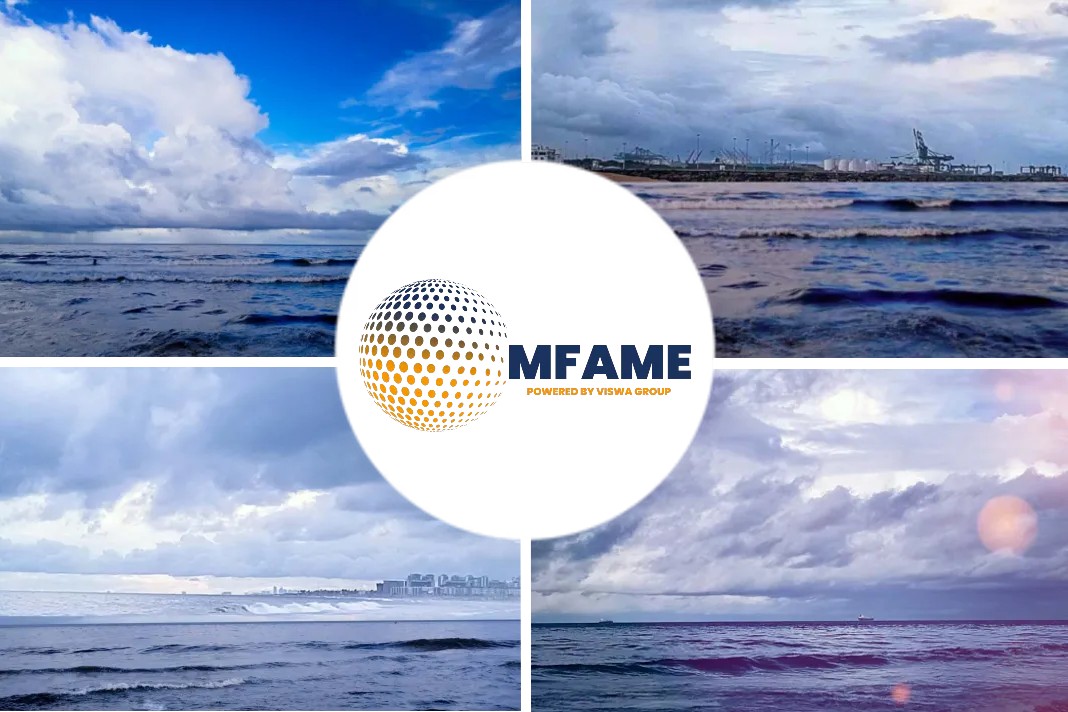
Ian Edwards, Area Manager Middle East and Africa, DNV Maritime, discussed industry developments with Seatrade Maritime News in the sixth of a series of interviews conducted ahead of Seatrade Maritime Logistics Middle East. as reported by Seatrade Maritime.
Net-zero emissions
The maritime industry’s importance is growing in the Middle East region, particularly in Dubai and Abu Dhabi. The region aims to achieve net-zero emissions by 2050 (UAE) and 2060 (Saudi Arabia), requiring active involvement from the shipping and offshore industries. DNV is focused on introducing electronic certificates and promoting cyber-security as an essential part of daily operations. They provide class notations to verify the cyber resilience of vessels and systems. There are significant investment and growth opportunities in this space.
Risk management
Middle East-based shipowners and operators face the challenge of decarbonisation, which requires re-evaluating risk management and ensuring safety remains a top priority in developing new fuel systems and digitalised ways of working. DNV stresses the need for renewed risk controls, a new regulatory approach, and greater industry knowledge and experience of potential safety risks. Class plays a crucial role, and DNV has taken the lead in joint industry projects to develop safety guidelines for using hydrogen and batteries. DNV proposes innovative solutions and believes that Class has an important role in acting as trailblazers for regulators, gathering expertise, partnering with industry, and developing guidelines.
Renewable energy resources
DNV has signed an MOU with Egyptian company Petrojet to support the execution of green hydrogen projects in Egypt, utilizing the country’s abundant renewable energy resources. The initiative aligns with Egypt’s commitment to sustainable development and the Paris Agreement and represents a positive step towards promoting the adoption of green hydrogen in the Middle East region. DNV brings extensive expertise in renewable energy, power grids, and hydrogen technologies to the project.
Energy transition
The energy transition of the shipping industry requires collaboration among various stakeholders, including digital technology, new fuels, safety regulations, landside fuel production, transport, and bunkering. DNV believes that collaboration is essential and offers its expertise to support customers in addressing transformations and capitalizing on opportunities. DNV aims to play a leading role in the transition to a more sustainable world.
Did you subscribe to our newsletter?
It’s free! Click here to subscribe!
Source: Seatrade Maritime















